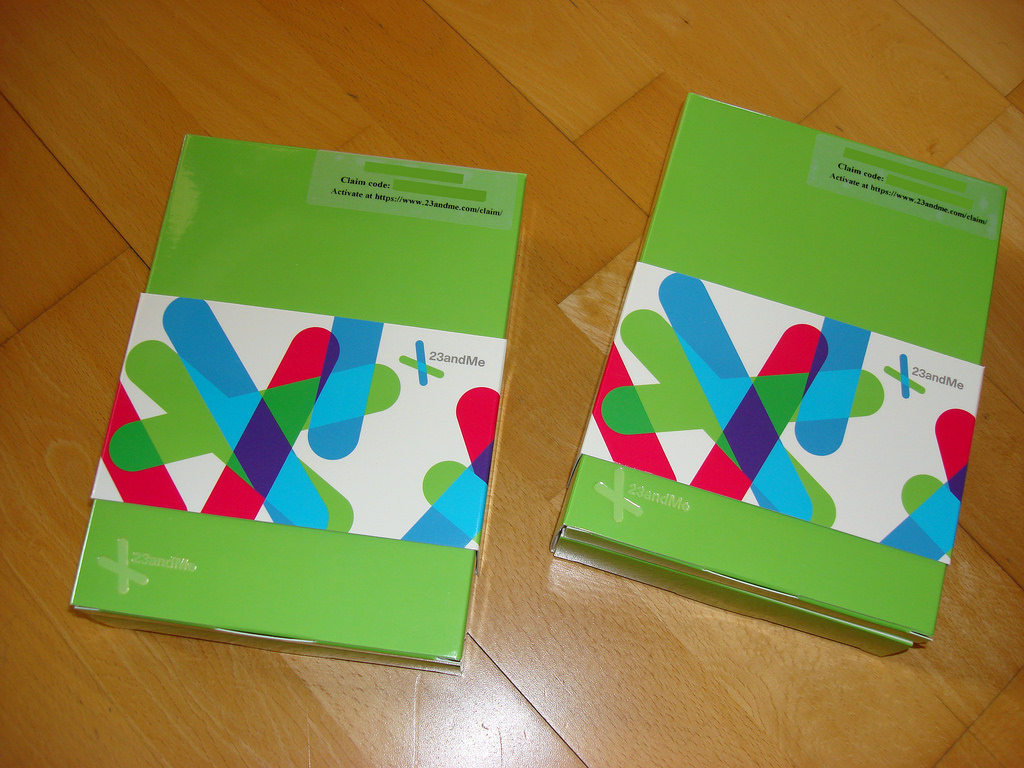Aggregated News

As many people purchased consumer DNA tests in 2018 as in all previous years combined, MIT Technology Review has found.
Surging public interest in ancestry and health—propelled by heavy TV and online marketing—was behind a record year for sales of the tests, which entice consumers to spit in a tube or swab their cheeks and ship the sample back to have their genomes analyzed.
By the start of 2019, more than 26 million consumers had added their DNA to four leading commercial ancestry and health databases, according to our estimates. If the pace continues, the gene troves could hold data on the genetic makeup of more than 100 million people within 24 months.
The testing frenzy is creating two superpowers—Ancestry of Lehi, Utah, and 23andMe of Mountain View, California. These privately held companies now have the world’s largest collections of human DNA.
For consumers, the tests—which cost as little as $59—offer entertainment, clues to ancestry, and a chance of discovering family secrets, such as siblings you didn’t know about. But the consequences for privacy go well beyond that. As these databases...



